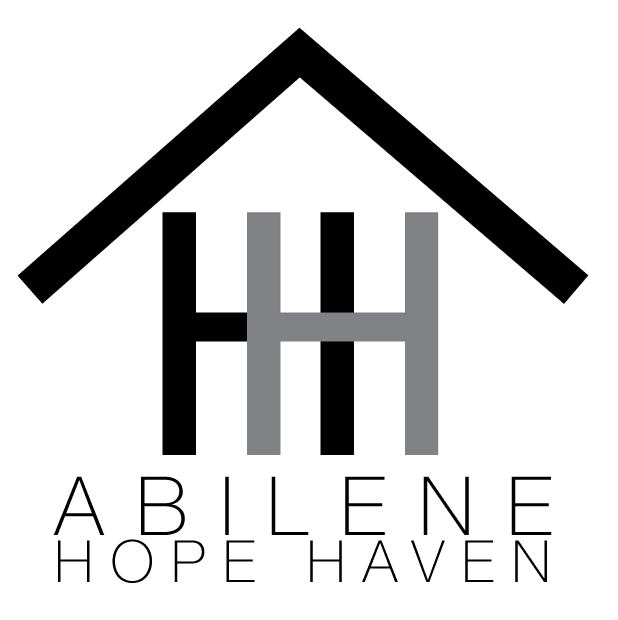ABILENE HOPE HAVEN BEGAN OUT OF A SINGLE DECISIVE MOMENT.
In 1992, Jackie Warmsley and her son Bobby were sitting around the kitchen table drinking hot chocolate and eating homemade cookies when Bobby voiced that he had become increasingly concerned by seeing people, mostly men on the street corners with signs that read “I’ll work for food.” As a result, from the round table discussion on that fateful day, Abilene Hope Haven officially opened in 1994.
Abilene Hope Haven, Inc. (AHH) is a nonprofit organization that was established in 1992 to address the needs of homeless individuals in Taylor County (city of Abilene). Founder Jackie Warmsley, a long-time social worker, recognized the need for a safe facility that could provide homeless adults and families with food, clothing, shelter, transportation and the tools necessary to become self-sufficient. She secured the donation of an old grocery store, which was renovated to become Hope Haven.
In 1994, when the shelter opened its doors, AHH could serve eight single men, eight single women and four families (in two bedroom apartments).
By March 1998, the facility operated at 100 percent capacity, and the program had to turn away hundreds of people each year. So in March 2002 AHH expanded to meet the growing needs of its community by opening a new facility dedicated to families. With the addition of the family facility, the original shelter served single adult residents only. Between the two facilities, the agency could provide shelter and services to 14 families and 24 single adults. In 2010, Abilene Hope Haven moved out of the original building on Oak Street.
In 2016, Abilene Hope Haven's Board of Directors implemented a 5-year strategic plan shifting from Transitional Housing to current best practices for addressing homelessness.
In 2017, two innovative programs were launched in conjunction with the strategic plan: Bridge2Home & Hope Housing Services.
In the near future, Abilene Hope Haven plans to establish a community of 20-25 tiny homes for our neighbors experiencing chronic homelessness.
Abilene Hope Haven's 25-bed Facility & Administrative Office
Abilene Hope Haven’s services operates and continues to build upon the foundation that was put in motion by Jackie over 28 years ago after she recognized the need for the homeless. She was an extension of the blessings of God. She loved life and it loved her right back. She asked for so little but gave so very much. Her memory will live on in our hearts forever. Her life was a blessing, and memory a treasure. She is loved beyond words and missed beyond measure.
Jackie Warmsley, 1926-2019
Founder and first Executive Director of Hope Haven
Jackie passed away on October 16, 2019. She was preceded in death by both of her parents. Left to cherish her memories are her husband Landon Ray Warmsley, her three sons: James Lawson, Don Thomas Lawson and Dr. Robert Lee Lawson; brother Thomas Asbury Morris, sister Patsy Morris; 6 grandchildren and 4 great grandchildren.
“Well done, good and faithful servant. You have been faithful over a little; I will set you over much. Enter into the joy of your master.” – Matthew 25:21



